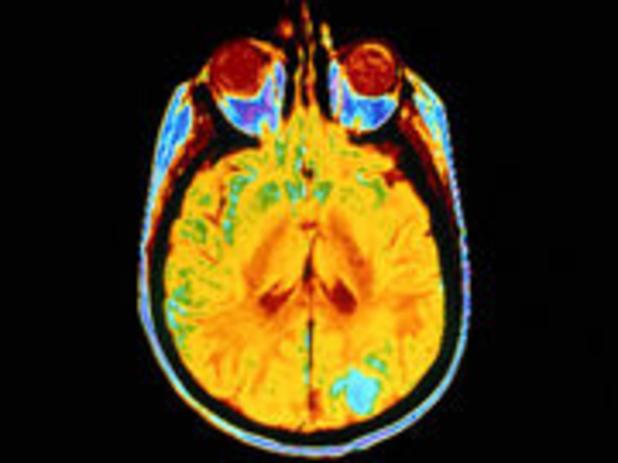Early Stage Alzheimer's Disease: Imaging Technique Gives Researchers Important Insights

For decades, Alzheimer’s researchers have faced a major challenge in treating early stages of the disease. They could only study the brain after a patient died and the disease spread throughout the brain. But a relatively new imaging technique is giving scientists a window into the development of Alzheimer’s disease.
Brain imaging
For the last few years, researchers have been using Amyloid PET Imaging to peer into the brains of patients suspected of having Alzheimer’s. And they have learned a lot. Researchers at Northwestern University, for example, recently examined the brains of people with a rare neurological syndrome similar to Alzheimer’s that impairs the language center of the brain. Called primary progressive aphasia (PPA), the syndrome is degenerative, considered a form of dementia and has ties to a toxic buildup of the same amyloid protein associated with Alzheimer’s disease.
Researchers learned that toxic amyloid protein buildup in PPA patients is predominantly on the left side of the brain, where the language center is located.
“By understanding where these proteins accumulate first and over time, we can better understand the course of the disease and where to target treatment,” said Emily Rogalski, the lead study investigator and research associate professor at Northwestern’s Cognitive Neurology and Alzheimer’s Disease Center (CNADC).
Researchers think this technique will provide a better understanding of how the disease progresses, which can direct treatment and future drug trials. Investigators believe that Amyloid PET Imaging can lead to:
- Altering the course of Alzheimer’s disease treatment.
- Determining if PPA in a patient is actually early stage Alzheimer’s disease and provide appropriate treatment.
- Diagnosing patients earlier and more accurately, possibly extending their years and quality of life.
“Researchers have yet to identify a specific means of preventing Alzheimer’s disease and other forms of dementia; so, it's imperative that you maintain a strong relationship with your primary care physician to help you get diagnosed quickly and begin treatments as soon as possible,” explains Bernard Kaminetsky, MD, medical director, MDVIP. “There is a handful of lifestyle tactics that may help maintain your brain health.” Experts at the Mayo Clinic suggest:
- Staying physically and mentally active.
- Finding time and opportunities to socialize.
- Avoiding tobacco products. If you currently smoke, work with your MDVIP-affiliated physician to develop a quit plan and try mindful meditation.
- Controlling your blood pressure.
- Eating a diet that promotes brain health and protect against Alzheimer's disease.
Signs and symptoms of Alzheimer's disease
According to the Alzheimer’s Association, the early signs and symptoms of Alzheimer’s disease include:
- Experiencing memory glitches that can disrupt daily activities, e.g., forgetting dates and needing information repeated over and over.
- Finding it a challenge to solve problems, make plans or work with numbers.
- Having visual problems, particularly judging distances and spatial relationships.
- Confusing dates, times and places.
- Finding routines task such as driving to a familiar location or managing a budget difficult.
- Having a difficult time following and participating in conversations.
- Losing objects and/or placing items in unusual places.
- Declining decision-making skills.
- Withdrawing from work, hobbies and social activities.
- Struggling with personality changes; e.g., becoming suspicious, anxious or easily upset.
If you or a loved one is experiencing these symptoms, be sure to have a discussion with your MDVIP-affiliated physician. The unique relationship you share with your doctor will make it easier for him/her to determine if the signs and symptoms are part of the normal aging process or in fact are in fact early-onset Alzheimer’s disease, and recommend the most effective course of action. Don’t have an MDVIP-affiliated doctor? MDVIP has a nationwide network of physicians. Find one near you and begin your partnership in health.


